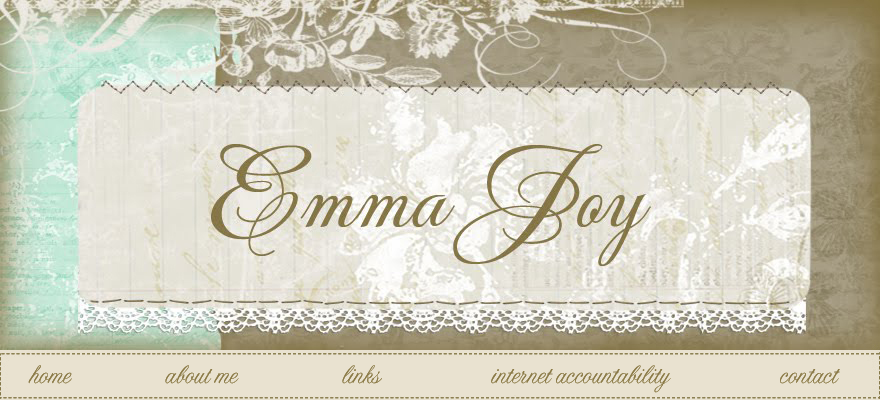Taken from
The Five Languages of Apology: How to Experience Healing in All Your Relationships
By Gary Chapman and Jennifer Thomas
Fears and Forgiveness
- Fear of losing control. Some people feel very uncomfortable when they are not in control of a situation. To ask a person to forgive you means to relinquish control and put the future of the relationship in the other person's hands. Subconsciously, you may find this very difficult.
- Fear of rejection. When you seek forgiveness, the other person may say no--that is, reject your request. That can feel like personal rejection. For some of us, being rejected is our greatest fear.
- Fear of failure. To admit you are wrong can feel as though you have failed a person, or even failed in keeping your moral beliefs. To those with this fear, admitting wrong is equivalent to saying, "I am a failure."
...fear of failure--like fear of rejection--is one of the most common fears of humankind! The first step is to acknowledge this fear, first to ourselves, saying something like:
"This is one of my fears. This is why I find it difficult to apologize. But I know that no one is perfect, including me. Sometimes I do and say things that offend my spouse or my friend, and it causes a detrimental effect on our relationship. The only way to amend relationships is by apologizing, so I must learn to apologize in spite of my fear. I understand that making a mistake, saying or doing something that offends another person, is something that all of us do. It does not mean that I am a failure. To admit that what I did was wrong doesn't make me a failure. In fact, it will help me bring healing to my relationship. Therefore, I will go against my fear and apologize. I will admit that I am wrong and I will ask forgiveness."
The person who reasons like this is on the road to becoming a good apologizer and a healthy individual.




0 comments:
Post a Comment